Share This
Videos and Photos1 April 2015
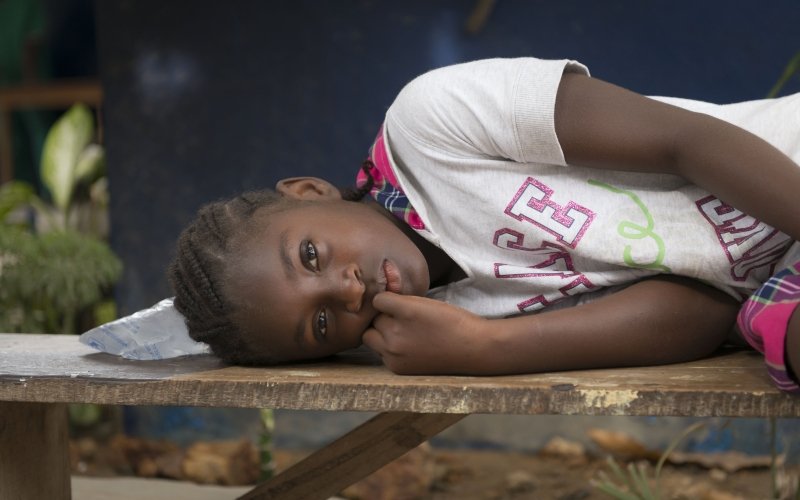
Cassia, 7, awaits a medical consultation at JDJ Memorial Hospital in Monrovia. Patients often must test Ebola-free before they are seen at health facilities. She was eventually treated for malaria. Photo: Yann Libessart
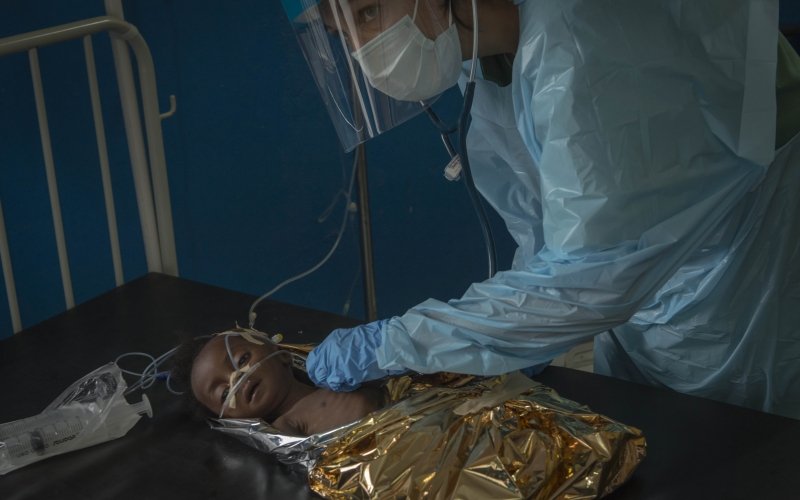
Doctors like these in the intensive care unit at JDJ Memorial Hospital are now being extra cautious when dealing with a medical emergency. Photo: Yann Libessart
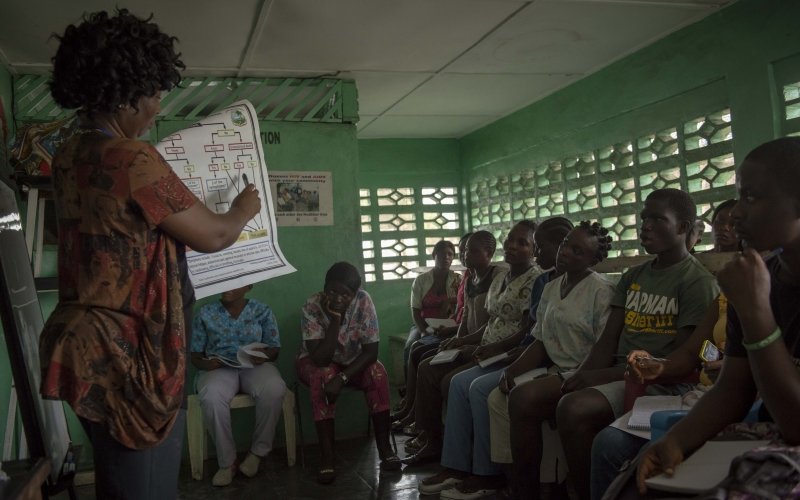
MSF is helping TKG clinic in Clara Town, Monrovia, and other local health centers to safely resume activities by providing training on infection prevention and control. Photo: Yann Libessart
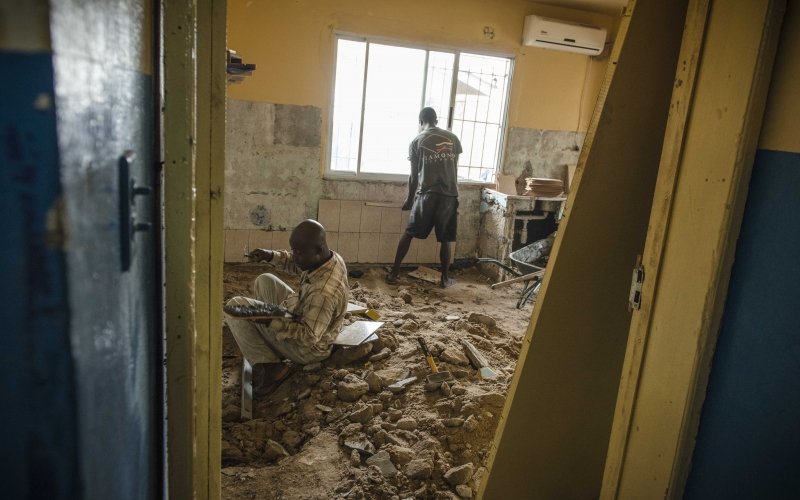
Upgrading the quality of medical care can first require the rehabilitation of the medical facility. Photo: Yann Libessart
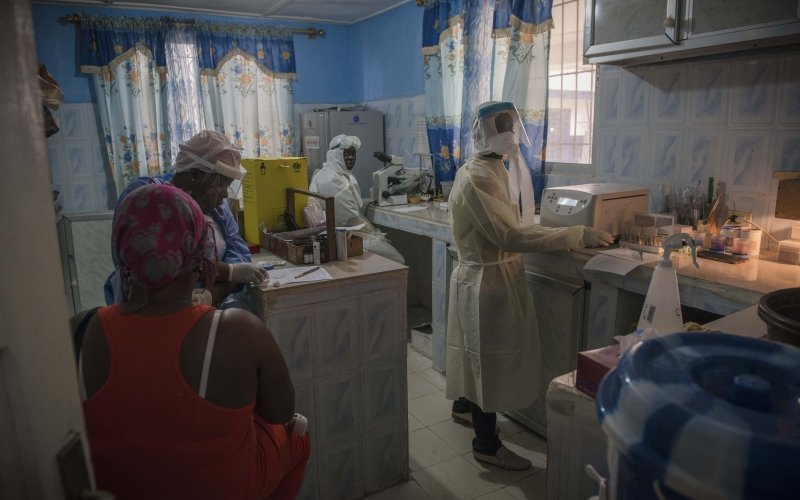
Laboratories have also implemented reinforced protocols to more safely handle blood samples. Photo: Yann Libessart
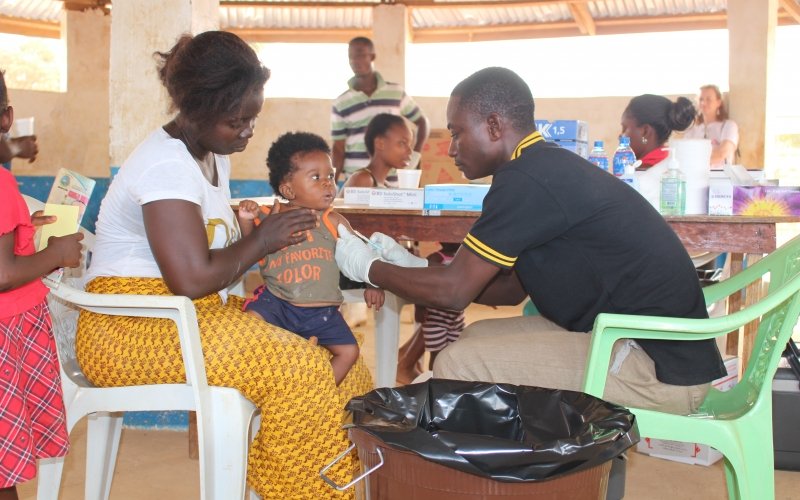
Routine vaccination has been interrupted and cases of measles are being reported. MSF is working with health authorities to organise a mass campaign. Photo: Adolphus Mawolo
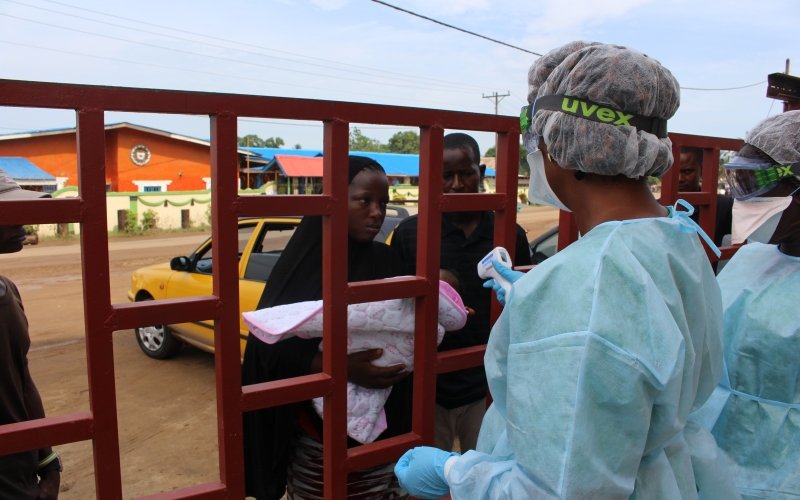
Reinforced protocols for infection control can prevent the spread of Ebola within medical facilities. Health workers are equipped and trained to stick to the protocols. Photo: Adolphus Mawolo
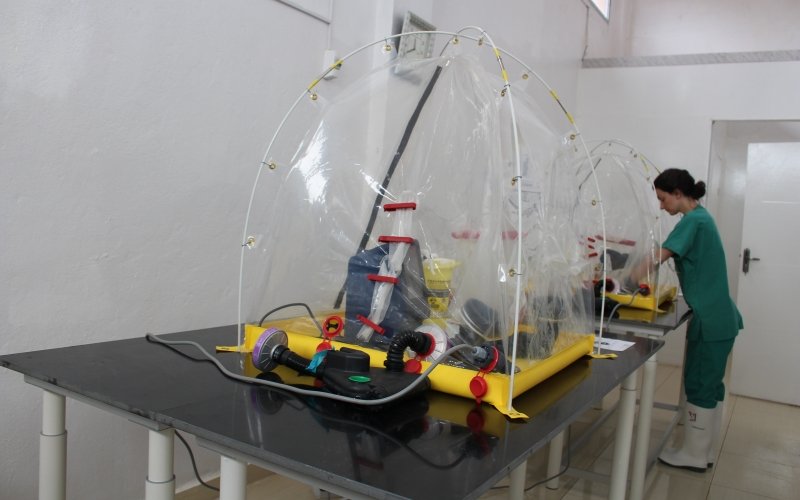
At the MSF pediatric hospital in Monrovia, equipment includes a chemistry analyzer to control internal organ functions and a 'Rapid Containment Kit' for testing for blood type and diseases. Photo: Adolphus Mawolo
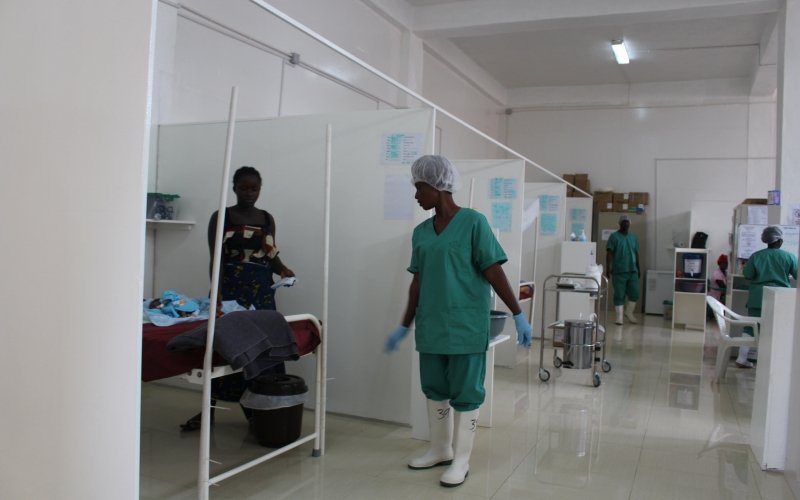
At the new MSF pediatric hospital in Monrovia, increased space between beds helps limit the spread of disease inside the facility. Photo: Adolphus Mawolo
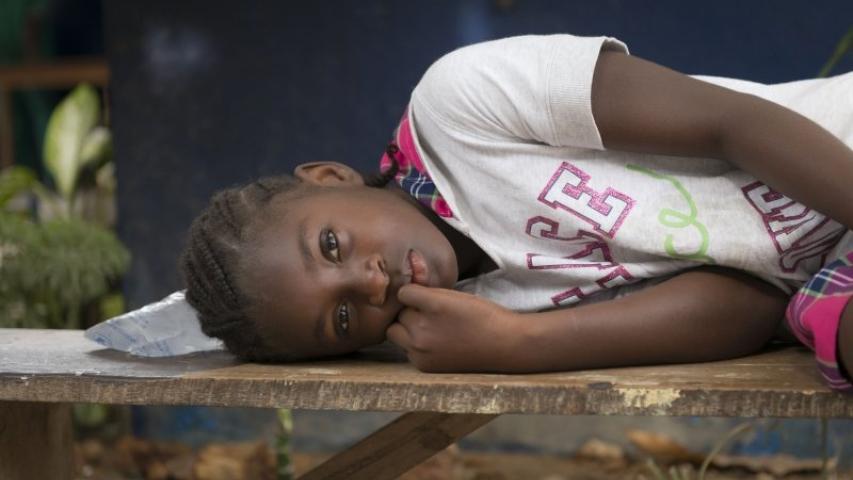
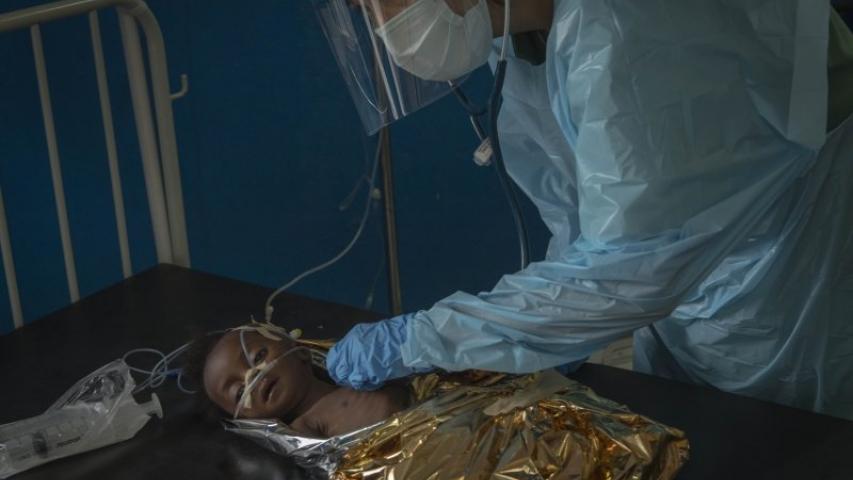
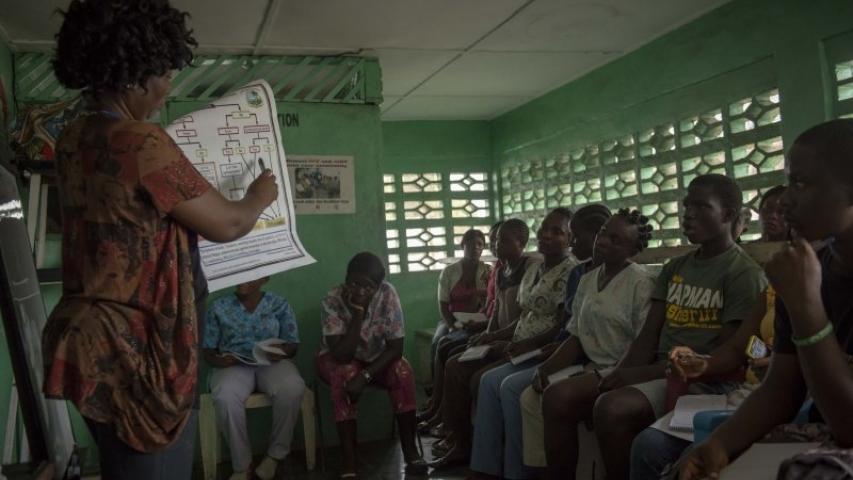
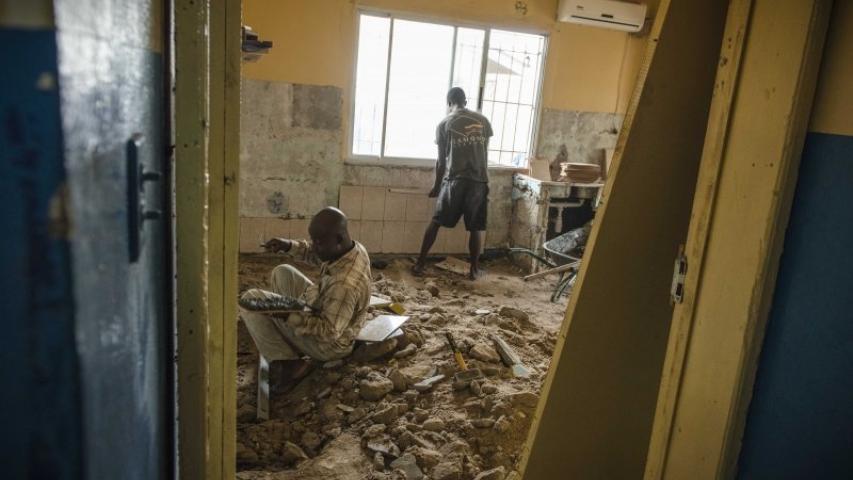
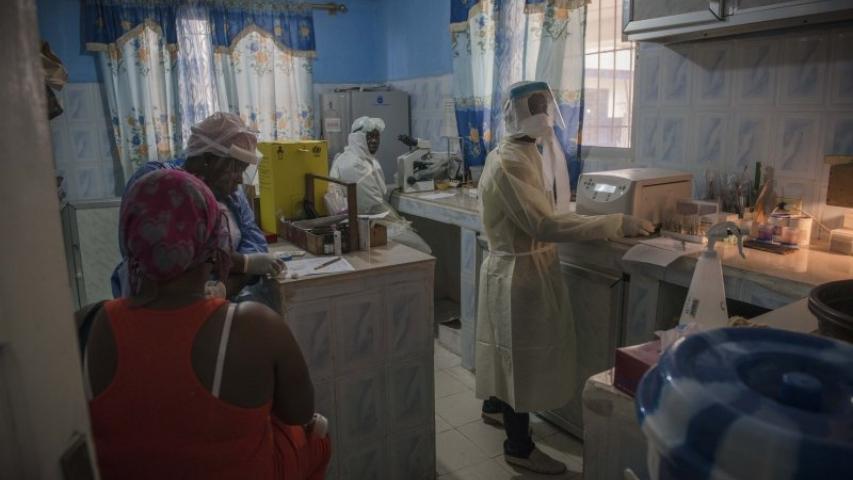
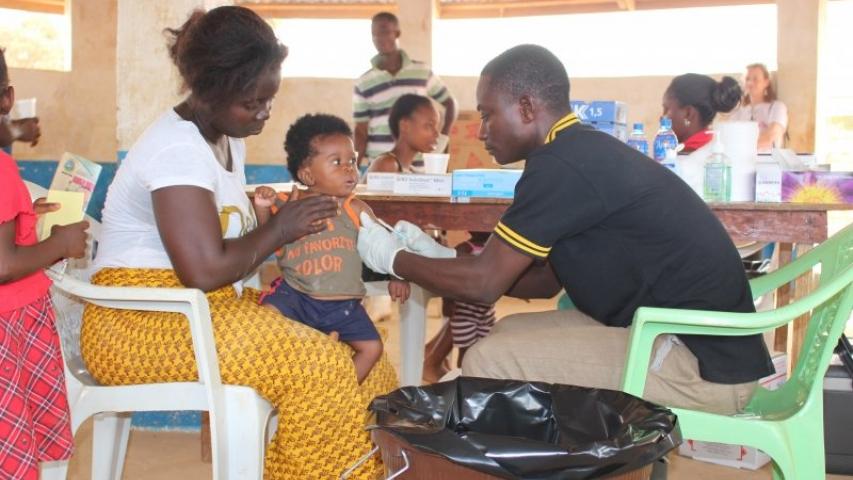
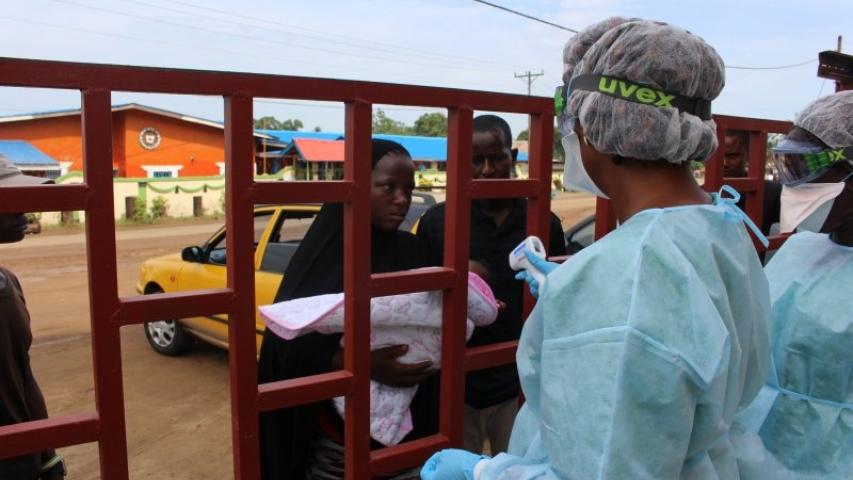
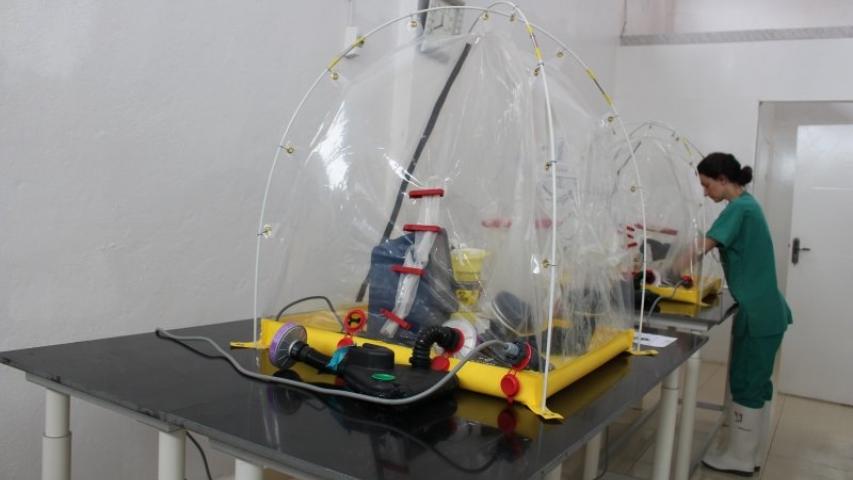
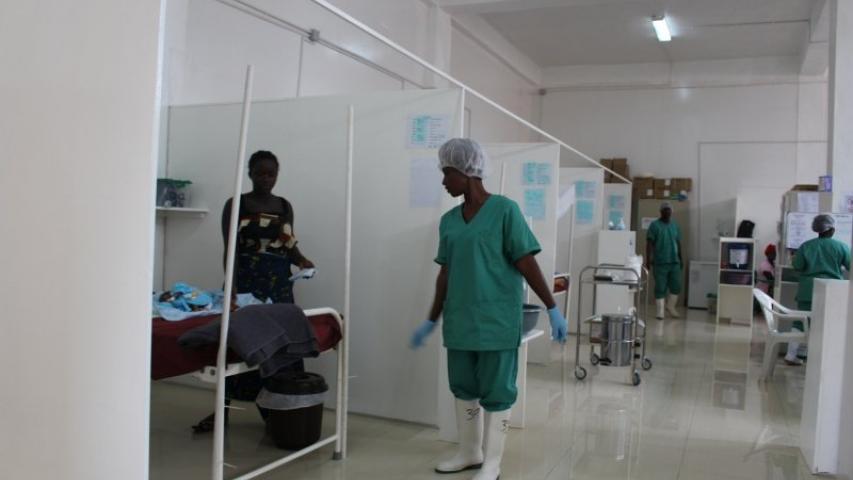
A year after the start of the devastating Ebola outbreak in West Africa, Liberia has made tremendous progress in controlling the virus.
In spite of a new case that was confirmed on March 20 following two weeks with no new cases, hope remains that the country will soon be declared Ebola-free.